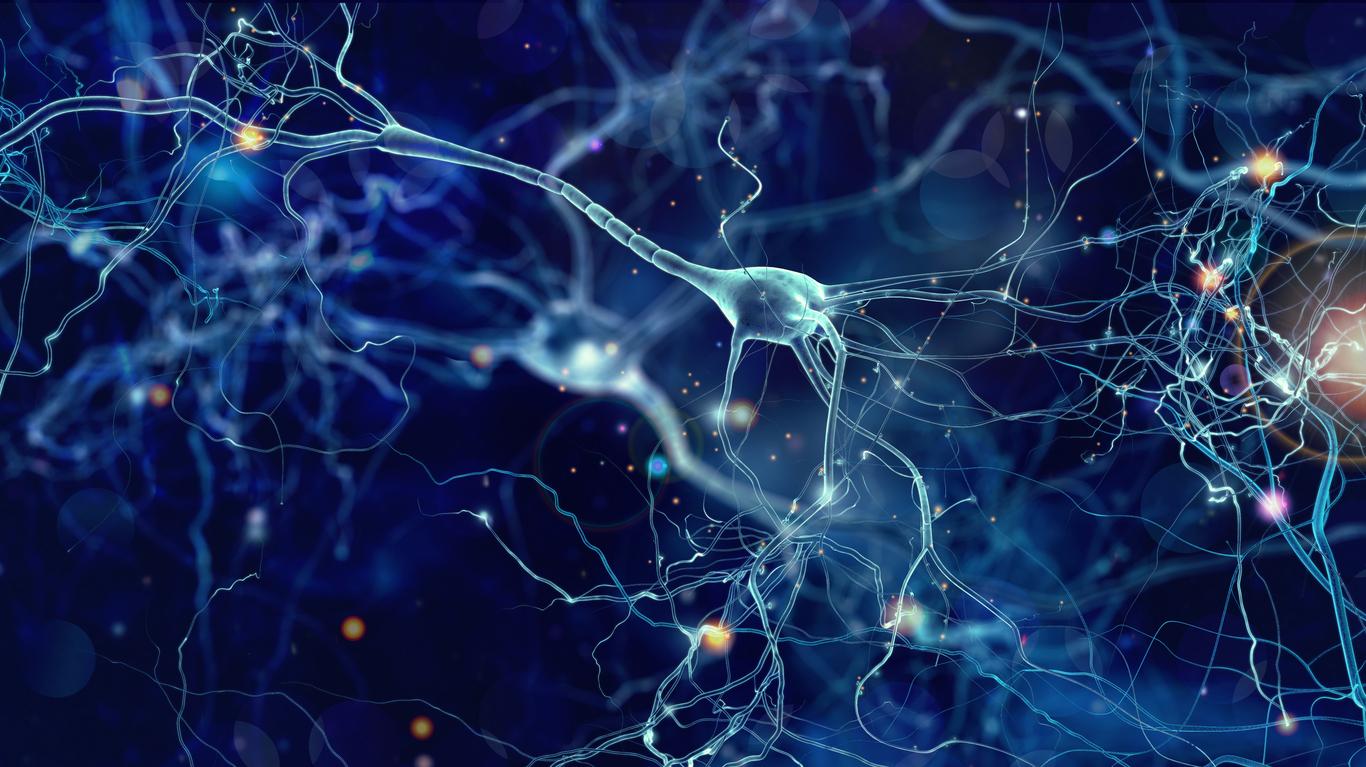French researchers have understood the mechanisms behind the feeling of satiety, which regulates our diet. During a meal, the rise in blood glucose levels would cause nerve cells to change shape.

Worldwide, two billion people are overweight (BMI between 25 and 30) or obese (BMI equal to or greater than 30). In France, 17% of the adult population is obese, according to the latest estimates. The causes behind this disease are multi-factorial. Genetics, hormonal disorders, endocrine disruptors, psychological and social fragilities, physical inactivity, pollution or even low income can be taken into account in particular. In obese subjects, the neural circuits that govern feelings of hunger and satiety in the brain, thus maintaining a balance between energy intake and expenditure, could also be deregulated, according to some researchers. Today, at the time of World Obesity Day, French scientists have understood the mechanisms behind the feeling of satiety: it would be a cascade of reactions triggered by the rise in glucose levels in the blood. The results of their study, conducted on mice, appeared in the journal Cell Reports.
Here, researchers from the CNRS, Inrae, the University of Burgundy, the University of Paris, Inserm and the University of Luxembourg looked at the POMC neurons of the hypothalamus, at the base of the brain, known to limit feeding. They receive a large number of nerve endings from other regions of the brain and their connections are very flexible. The latter can thus be made and undone very quickly depending on hormonal fluctuations. By working on mice, the researchers observed that after a balanced meal, the hormonal circuit of the animals was not modified.
In contrast, other nerve cells associated with POMC neurons, called astrocytes, change shape. Normally, they tightly cover the POMC neurons and “act a bit like brake pads, limiting their activity”Explain the CNRS in a press release. However, after a meal, the level of glucose in the blood, glycemia, rises temporarily. This signal is then felt by the astrocytes which retract in less than an hour. When the brake is released, the POMC neurons activate. This triggers the feeling of satiety.
The mysteries of lipids and sweeteners
On the other hand, a high-fat meal does not cause this change. Today, scientists therefore want to determine whether lipids do not trigger satiety through another circuit. It also remains to be seen whether sweeteners have the same effects or are “real decoys for the brain that only provide the addictive sweet sensation without cutting hunger”indicates the CNRS.
If in people suffering from obesity, the plasticity of these neural circuits could be altered, many people do not receive a signal of satiety in their body, which leads them to exceed a threshold reached for a long time and to finish meals on the heart at the edge of the lips.
To avoid this, all you have to do is change your habits. First, try not eating anything for four hours to get really hungry. If you never feel this sensation, you may always eat “in advance” to fill a fear of missing out. If you are always hungry, you are confusing d‘elsewhere perhaps physiological hunger and psychological hunger.
Eat slowly and calmly to recognize satiety
So wait until you feel gurgling in your stomach to eat something (it is recommended to eat your meals at the same time each day). Once the food is at hand, don’t jump on it. Chewing about twelve times before swallowing also sends signals to the brain’s reward nucleus. If you gulp down your food, your brain will not receive the information and the feeling of satiety will take longer to arrive.
It is also recommended to eat in peace. Avoid eating while standing, walking, watching TV or answering an email because this distorts your relationship to food. Indeed, if you do something else at the same time, you forget that you are eating, it becomes automatic. Hence the principle of mindfulness, which scientists and nutritionists are talking about more and more. Inspired by Buddhism, the practice of mindfulness meditation began to develop in the medical community in the 1970s in order to manage the stress and chronic pain of patients. Today, it is used more and more in the field of personal development.
In France, many such programs are now offered for people wishing to lose weight. However, they are far from accessible to everyone. For exemple, “Mindful Eating” proposes to help you improve your relationship with food, without going through a private diet, for the sum of 480€.

.
















